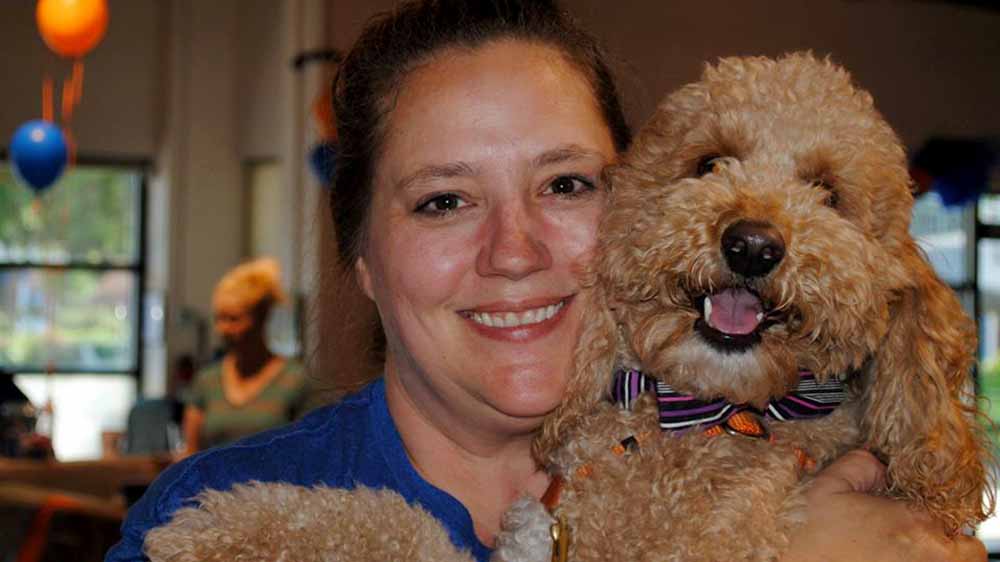
The organization’s mission is to end domestic violence by changing individual, institutional, and societal beliefs, attitudes, and behaviors that perpetuate it. “LifeWire started in 1982 as an all-volunteer organization, and now we're the largest comprehensive domestic violence service agency in Washington state,” explains Becker. That can mean everything from answering a panicked phone call with compassion to providing transitional housing for a parent and children who’ve escaped a bad situation. In such circumstances, LifeWire becomes a lifeline, providing safety, education, and emotional, legal, and financial support.

As a result, she notes, “Requests for help obtaining emergency protection orders at the beginning of the stay-at-home order went from three or four a week to 10 or 12 a day-a huge increase.” “Being home 24/7 means that many of the times when survivors could get help or make a call to us, those opportunities are not there,” explains Kelly Becker, development director for LifeWire, a Seattle service organization for survivors of domestic violence. Seattle police reported a 21% increase in domestic violence calls in March alone. Small wonder, then, that domestic violence reports are up.

Layoffs and reduced work hours have added financial burdens that raise family tensions and threaten homelessness for those living paycheck to paycheck. Respites provided by work, school, or errands have been lost. Quarantines and social distancing guidelines have trapped families together like never before.

When you feel as though you’re living the same day over and over again, you don’t want that day to involve fear for your life.įor millions of people facing domestic violence, however, the COVID-19 pandemic has made a difficult situation even worse. Time still has meaning for a nonprofit transforming its services-fast


 0 kommentar(er)
0 kommentar(er)
